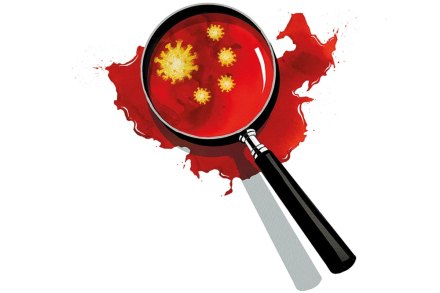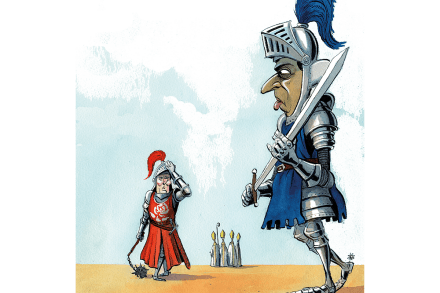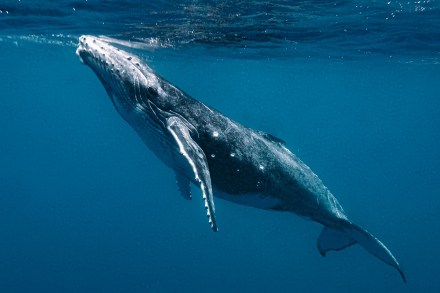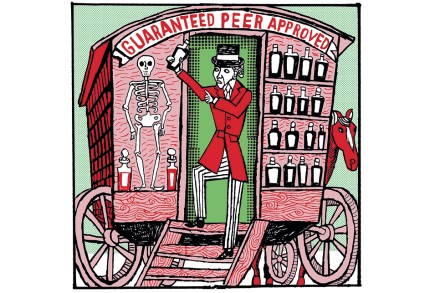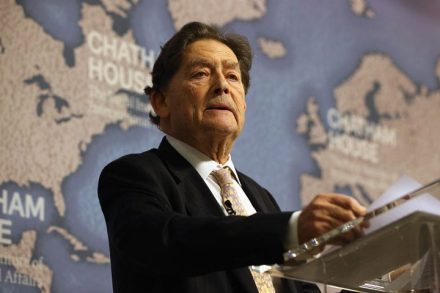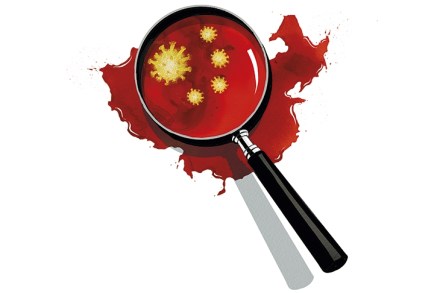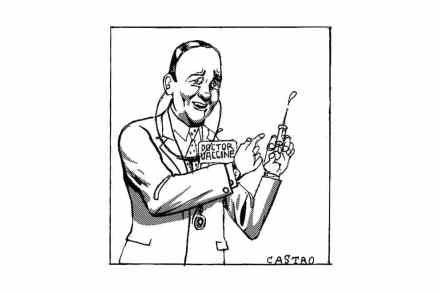Virology poses a far greater threat to the world than AI
Sam Altman, the recently fired (and rehired) chief executive of Open AI, was asked earlier this year by his fellow tech billionaire Patrick Collison what he thought of the risks of synthetic biology. ‘I would like to not have another synthetic pathogen cause a global pandemic. I think we can all agree that wasn’t a
